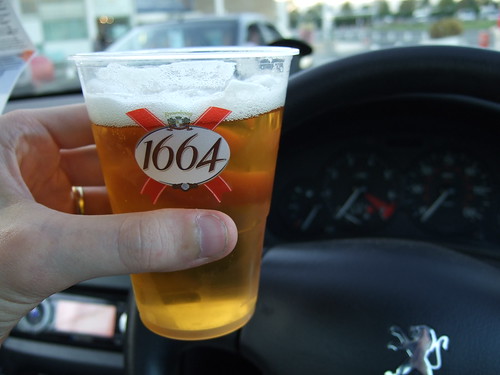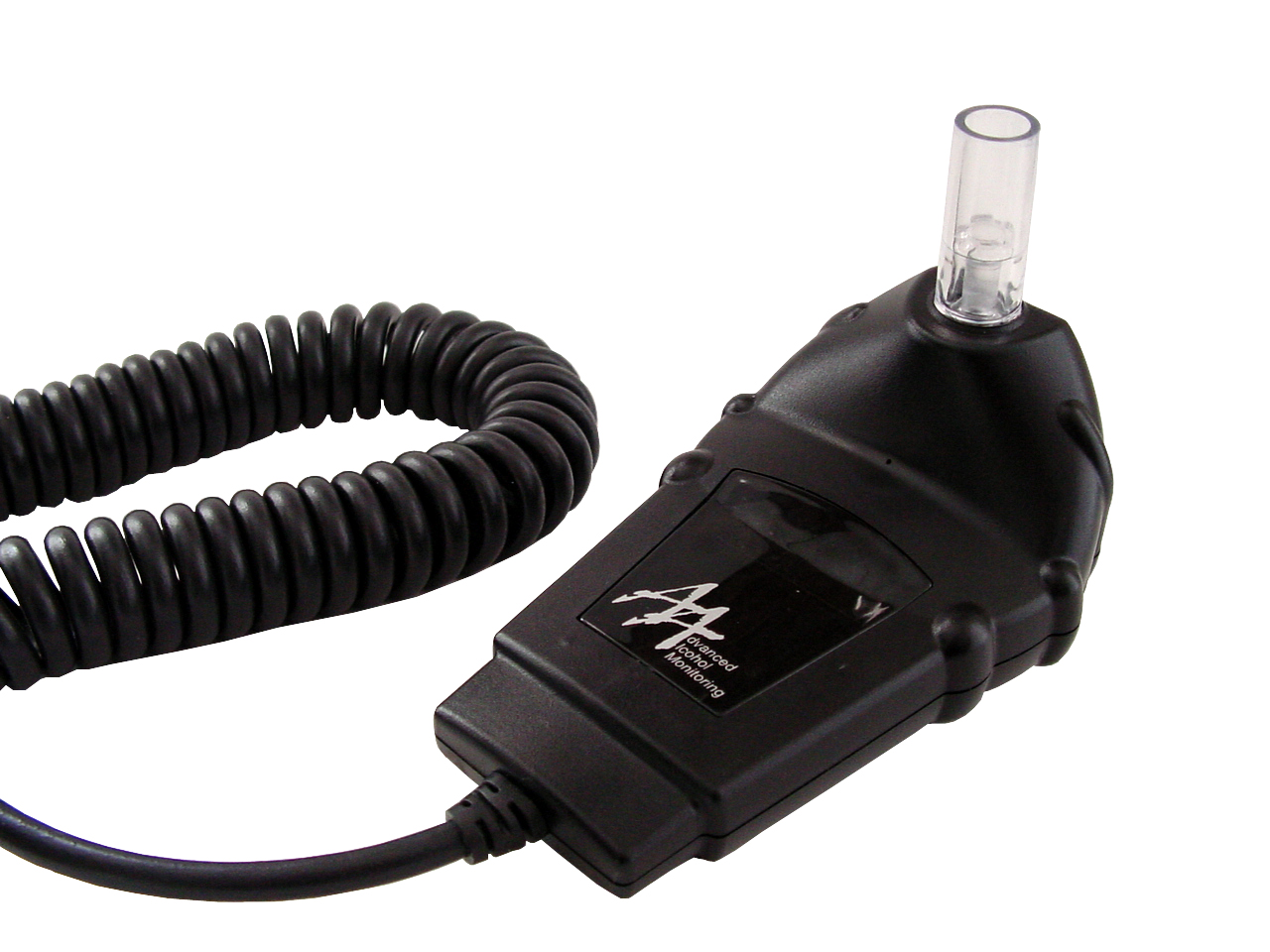As a Massachusetts OUI defense attorney, I was interested in a story recently reported by several different news outlets in the Boston area. A grandmother arrested for drunk driving while taking her nine-year-old grandson to school last month was found in violation of her pre-trial probation conditions after she failed to remain alcohol-free. On March 18, Sharon Faulkner, 63, of Marblehead, was arrested at the Glover School after she dropped her grandson off. Faulkner’s grandson had endured a wild ride to get to school that day: Faulkner’s 2001 Toyota Camry jumped a curb and smashed into a tree hard enough to cause both airbags to deploy. Faulkner and her grandson were still 1.3 miles away from his school, so they began walking to it, and then she hitched a ride for them. An off-duty police officer discovered Faulkner’s abandoned car and had the police search for its operator.
Marblehead Police Department Chief Robert Picariello said that the police received a call tipping them off that the car belonged to Faulkner and she was at the school. When police caught up with her at the school, Faulkner failed field sobriety tests, and a Breathalyzer test showed her blood-alcohol concentration at 0.141, almost twice the legal limit of 0.08. She explained that the accident occurred when a gold SUV passed her, “causing me to go off the road,” even though she said she was driving only 20 miles per hour. Police interacted with the grandson and noticed a bump on his forehead, and the boy complained of minor chest pain. He was taken to North Shore Children’s Hospital for medical attention and was later released. Faulkner pleaded not guilty to third-offense OUI, negligent operation of a motor vehicle, leaving the scene of a personal injury accident, wanton and reckless child endangerment, child endangerment while operating under the influence of liquor, and leaving the scene of a property damage accident.
After her release on bail, on March 25, a Breathalyzer test showed that she had violated the terms of her pre-trial probation by consuming alcohol. Consequently, in Lynn District Court, she was ordered held without bail for the duration of her court case.
Read article: Marblehead grandmom violates probation
Judging from the account of her crash in the press, Faulkner is going to need the help of a Massachusetts DUI criminal defense lawyer to ensure that she is treated fairly by the legal system. This will be a complex and serious case to defend, particularly since it involves a child and a third offense DUI charge. If Faulkner’s defense isn’t done with the utmost precision, she could wind up spending a lot more time in jail. A third-offense DUI is a felony carrying at least 150 mandatory days in jail, and the sentence can go as long as five years in state prison. You will also lose your license for eight years, with a hardship license available no sooner than four years, and face up to $15,000 in fines. Someone who is already unemployed and near retirement age, like Faulkner, could be financially devastated by having fines like this levied against her, and personally devastated by an extended stay in a correctional institution. Conviction on the child endangerment charges would add steeper penalties to the ones she already faces. A defendant like this should get help from an aggressive, experienced Massachusetts drunk driving defense lawyer right away.
 Massachusetts DUI Lawyer Blog
Massachusetts DUI Lawyer Blog



 A man from Charlton was sent to prison Feb. 24 after receiving his seventh conviction for operating under the influence. Jason Wetteland, 40, was arrested most recently on Aug. 1, 2009, after an Amesbury police officer witnessed him nearly causing a crash on Route 110. The officer immediately pulled him over, and Wetteland allegedly admitted he was drunk. He was holding a bottle of blackberry brandy between his legs and had at least eight cans out of a 12-pack of beer in the vehicle. Nonetheless, Wetteland refused to take a blood-alcohol concentration test. He pleaded guilty to a fifth or subsequent OUI; driving after license suspension, subsequent offense; and negligent driving.
A man from Charlton was sent to prison Feb. 24 after receiving his seventh conviction for operating under the influence. Jason Wetteland, 40, was arrested most recently on Aug. 1, 2009, after an Amesbury police officer witnessed him nearly causing a crash on Route 110. The officer immediately pulled him over, and Wetteland allegedly admitted he was drunk. He was holding a bottle of blackberry brandy between his legs and had at least eight cans out of a 12-pack of beer in the vehicle. Nonetheless, Wetteland refused to take a blood-alcohol concentration test. He pleaded guilty to a fifth or subsequent OUI; driving after license suspension, subsequent offense; and negligent driving. Last month, I wrote about the use of ignition interlock devices in Massachusetts drunk driving cases. Under
Last month, I wrote about the use of ignition interlock devices in Massachusetts drunk driving cases. Under  In the case of Commonwealth v. Dennis P. Steele, the court was asked to decide whether prosecutors may introduce both blood-alcohol content test readings at OUI trials, or only the lower of the two readings. This was a challenge to the existing rules, which explicitly say that prosecutors and police may use only the lower of the two readings. Fortunately for Massachusetts drivers, the court rejected the challenge and affirmed the rule as it currently exists.
In the case of Commonwealth v. Dennis P. Steele, the court was asked to decide whether prosecutors may introduce both blood-alcohol content test readings at OUI trials, or only the lower of the two readings. This was a challenge to the existing rules, which explicitly say that prosecutors and police may use only the lower of the two readings. Fortunately for Massachusetts drivers, the court rejected the challenge and affirmed the rule as it currently exists.